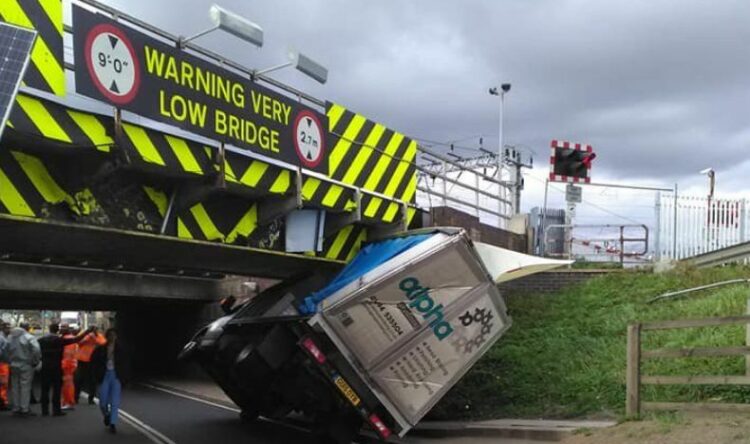Speeding for work
Speeding by far the most common offence by fleet drivers
Speeding races ahead of all other driving offences by fleet drivers.
More than four out of five driving offences that occur in company cars and vans are as a result of speeding. The revelation comes via new data from FleetCheck.
The top five offences were recorded through the company’s LicenceAssured driver licence checking product. Speeding came in first with 82%, second is phone use (2.7%), then no third-party insurance (2.6%), followed by failure to give information about the driver of the vehicle (2.5%) and jumping traffic lights (2%).
Go figure
Peter Golding, managing director of FleetCheck, say the huge difference between speeding and other offences is telling.
Describing it as a “precipitous drop”, he says that “simply going too fast is by far the biggest issue when it comes to real world fleet driver behaviour”.
“In fact, further refining the data produces even more definitive findings. Drilling down into those 82% of speeding offences, three out of four are for exceeding the limit on public roads rather than motorways”. This is particularly worrying as motorways are our safest roads. It is driving in urban setting and on country roads where the biggest casualty figures arise.
“The problem is very much concentrated on everyday driving.”
Golding believes companies need to do far more to slow down their drivers and reduce time pressures behind the wheel.
But it isn’t just the dangers it poses. It also bad for the environment and profits. Speeding uses more fuel, causes more wear and tear, increases driver stress levels. “It’s bad from every angle.”
Corporate responsibility
All the other issues that FleetCheck recorded are dwarfed by speeding. However, Golding says that does not mean they are not worthy of attention by fleet managers.
Illegal phone use while driving clearly remains a problem, for example.
“It is also surprising that so many company vehicles are being found by the police without adequate insurance,” he said.
“These could well be grey fleet drivers and checking that employees have the necessary cover is something that all fleet managers should do.






